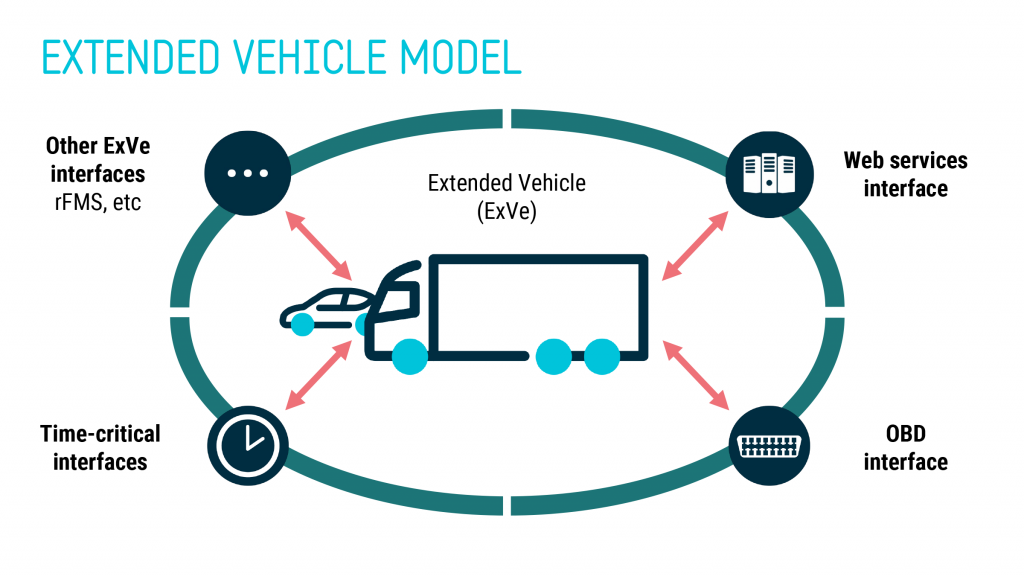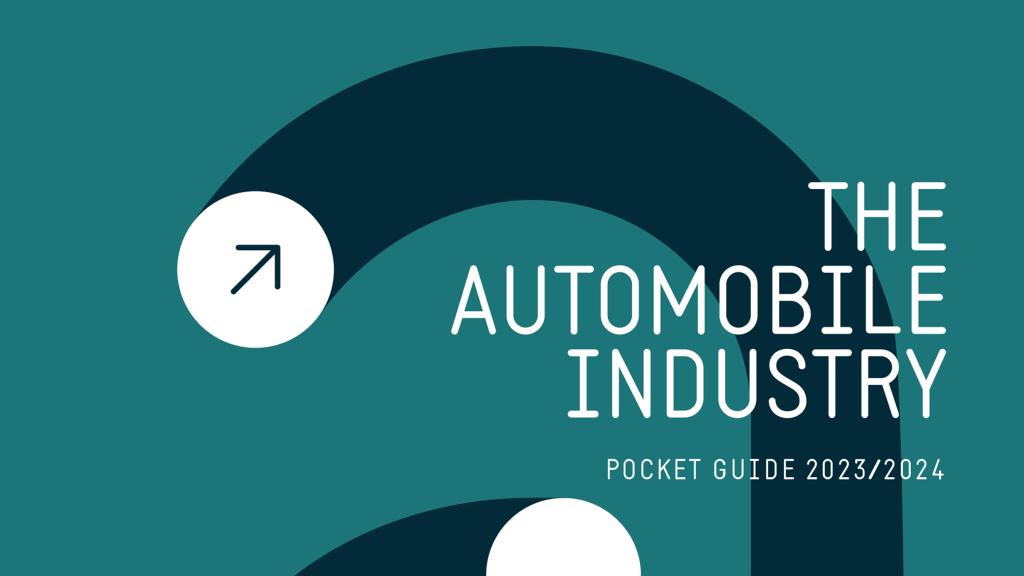New EU SEP licensing rules: less litigation, more investment

The European Automobile Manufacturers’ Association (ACEA) applauds the European Commission’s proposal to reform the regulatory framework on the licensing of standard essential patents (SEPs).
SEPs are patents that protect technology that is incorporated in a standard. They are essential because their implementation requires use of the inventions covered by SEPs. For example, cellular communications technology is incorporated in 3G/4G/5G standards and used in connected vehicles.
ACEA finds that the lack of predictable rules leads to legal uncertainty and inhibits innovation. Often, auto makers must face injunctions and excessive royalty payments to avoid time-consuming and costly litigation or production stoppages. Moreover, license requests from auto industry suppliers are often rejected on spurious grounds.
ACEA commends the European Commission’s efforts to improve transparency and establish mechanisms that facilitate more balanced licensing negotiations. Auto makers are convinced the EU must be more ambitious and establish rules that mandate SEP holders to offer licenses to any willing licensee on fair, reasonable, and non-discriminatory (FRAND) terms, irrespective of their position in the supply chain.
The EU auto industry is Europe’s largest private contributor to R&D investment. A significant proportion of the €59 billion invested annually goes towards cellular communications such as vehicle connectivity and automation. However, litigious SEP rules instead divert funds from vital investments, negatively impacting innovation in cellular communications across the transport sector.
The EU must establish rules that mandate SEP holders to offer licenses to any willing licensee on fair, reasonable, and non-discriminatory terms, irrespective of their position in the supply chain.


